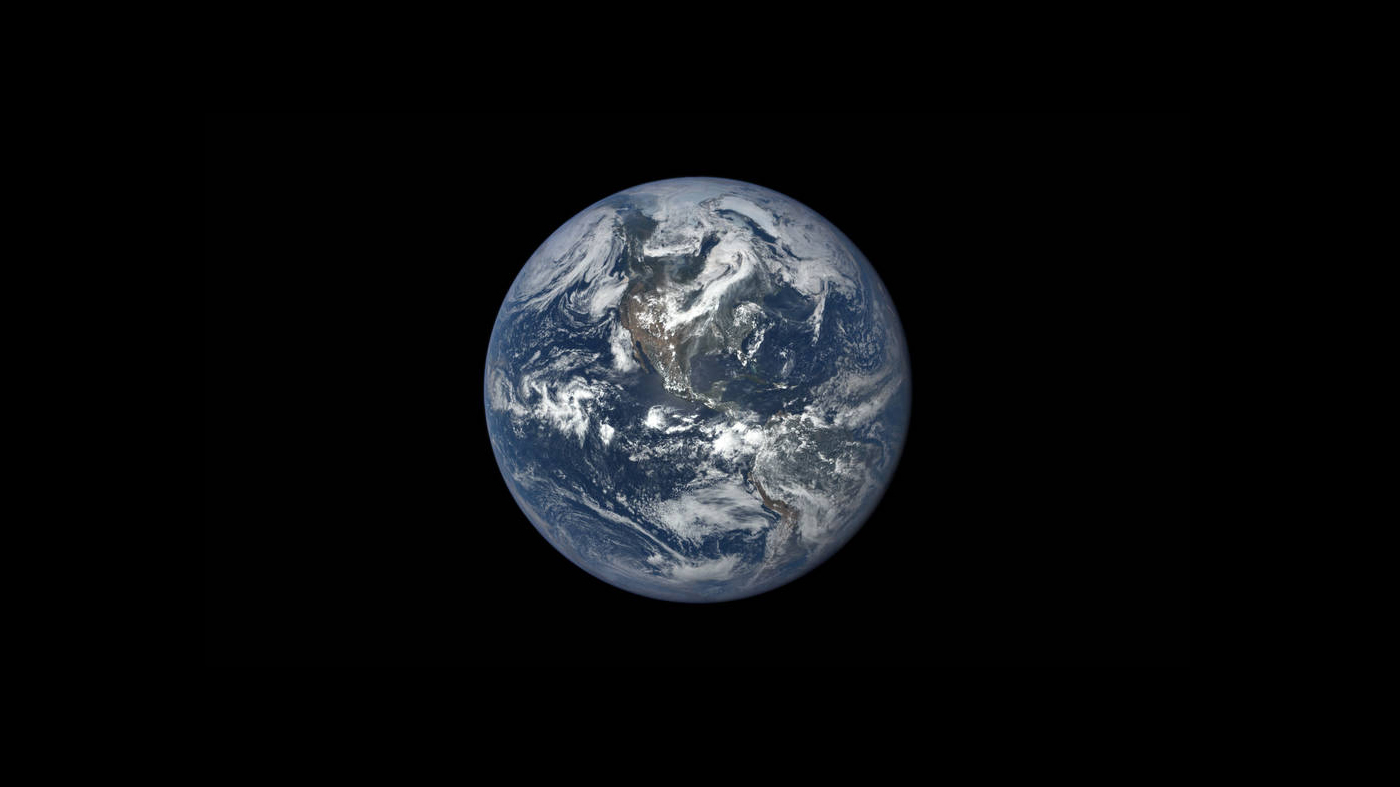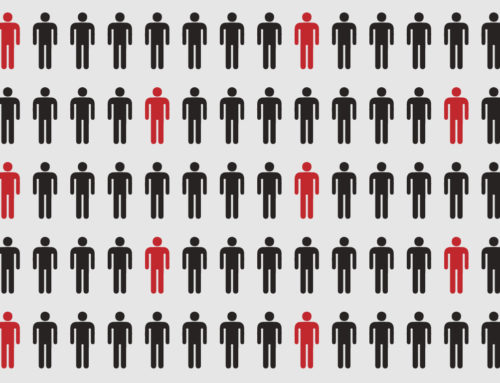By: Dan Corjescu
Imagine this rather typical SF scenario: alien invaders arrive on Earth. They are vastly superior in intelligence, technology, and most importantly, in ethics. They quickly perceive that Earthlings are a dire threat to the Earth’s biosphere. They reason that they must take decisive action soon, or else the Earth will meet its biological death. What are they to do?
First, they take up a consequentialist position and reason that eliminating a significant portion of the human population would immediately alleviate Earth’s acute environmental problems while saving countless numbers of other species.
Second, they reason deontologically, according to a “planetary ethic”, that the biosphere of a planet and all the species that inhabit it are sacred and must be protected at all costs. If one species is destroying the biosphere, that species must be destroyed before it is further able to inflict greater and lasting damage.
However, some of the aliens see the problem with greater complexity. They try to work out a maximally “virtuous” solution that will both ensure the continuance of the human race and the flourishing of the biosphere.
Of course, in this tale, most humans would root for the third option.
The question for us then is how do we get there?
If we adopt a mix of all three perspectives, then perhaps we will be closer to a solution.
If we accept some version of a categorical planetary ethic, then we as a species have an absolute duty to both the biosphere and all its inhabitants. We have a sacred duty of care and preservation.
If this first premise is widely agreed upon, then a number of possible restrictive actions follow:
1) Human reproductive freedom should/must be immediately limited to a rate of replacement and thus zero growth. It is neither rational nor ethical that human population growth should be unlimited while the capacity of the biosphere to sustain such growth is not.
2) Human economic, political, and scientific endeavors should be structured/organized in such ways as to produce the maximum benefit to the biosphere and its inhabitants. The source of all life takes precedence over individual lives and their parochial interests.
3) Humans should be educated and sensitized to their universal duty to the planet viewing themselves not just as “cosmopolitans” but as “defenders of the biosphere”.
4) Radical green politics should coordinate their policies on a voluntary, if urgent, worldwide foundation. Thus, global governance should “green” with time.
These are, of course, just some basic ideas. The future of the Earth and not just humanity depends on both a change of consciousness and new ethical practices. We must leave our old nationalist, productivist, consumerist, manically competitive identities behind and become a new collectivity of planet loving “aliens” who have come to rescue us from ourselves.
Dan Corjescu teaches Political Philosophy and Globalization at Zeppelin University in Friedrichshafen, Germany
Image: Earth as seen by NASA’s Earth Polychromatic Imaging Camera (EPIC), aboard NOAA’s Deep Space Climate Observatory (DSCOVR) spacecraft, 2015. Image credit: NASA
POLITICAL ANIMAL IS AN OPEN FORUM FOR SMART AND ACCESSIBLE DISCUSSIONS OF ALL THINGS POLITICAL. WHEREVER YOUR BELIEFS LIE ON THE POLITICAL SPECTRUM, THERE IS A PLACE FOR YOU HERE. OUR COMMITMENT IS TO QUALITY, NOT PARTY, AND WE INVITE ALL POLITICAL ANIMALS TO SEIZE THEIR VOICE WITH US.










Leave A Comment